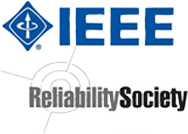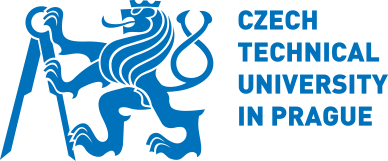
 |
 |
In
2015, the SERE conference (IEEE International Conference on Software
Security and Reliability) and the QSIC conference (IEEE International Conference
on Quality Software) were combined into a single conference, QRS, with Q representing
Quality, R for Reliability, and S for Security, sponsored by the IEEE Reliability
Society. This conference provides engineers and scientists from both industry and
academia a platform to present their ongoing work, relate their research outcomes and
experiences, and discuss the best and most efficient techniques for the development of
reliable, secure, and trustworthy systems. It also represents an excellent opportunity
for the academic community to become more aware of subject areas critical to the
software industry as practitioners bring their needs to the table. The 2017 QRS
conference will be held from July 25th to 29th in Prague, Czech Republic.
Topics of Interest
- Reliability, Security, Availability, and Safety of Software Systems
- Software Testing, Verification and Validation
- Program Debugging and Comprehension
- Information and Software Assurance
- Fault Tolerance for Software Reliability Improvement
- Modeling, Prediction, Simulation, and Evaluation
- Metrics, Measurements, and Analysis
- Secure and Reliable Storage
- Software Penetration and Protection
- Software Vulnerabilities
- Formal Methods
- Malware Detection and Analysis
- Intrusion Detection and Prevention
- Operating System Security and Reliability
- Mobile and Smartphone Applications
- Internet of Things and Cloud Computing
- Information and Knowledge Management
- Benchmark, Tools, and Empirical Studies
Tweets by QRS_conference







